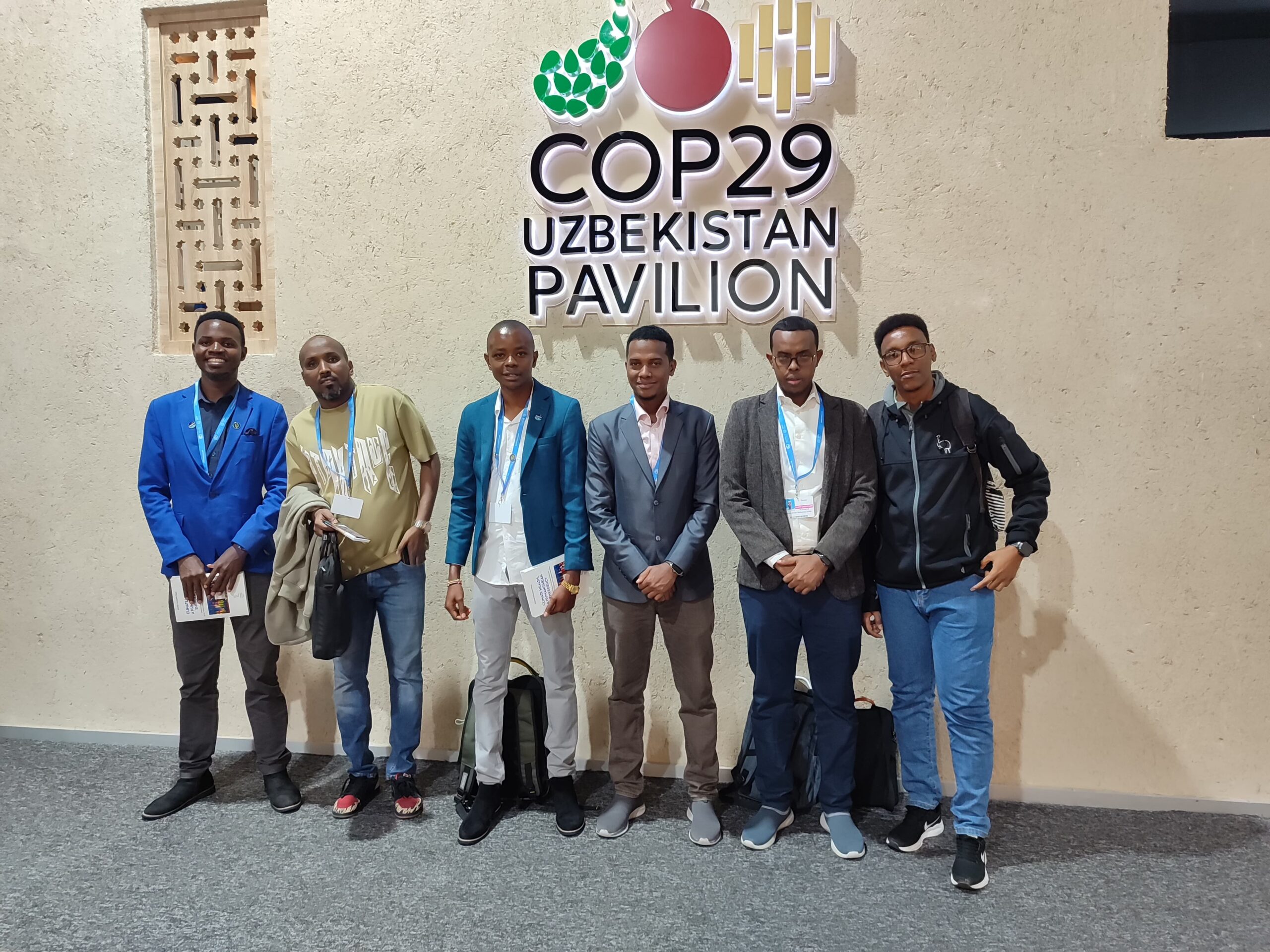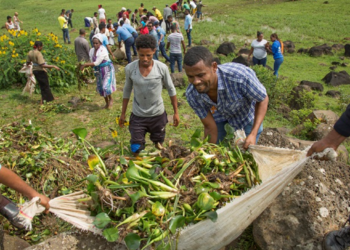Reflection on COP29: Youth Leadership and the Struggle for Climate Justice – The Blue Life Hub author, Sharrif Injamu, offers a deeply personal perspective on the experience of participating in COP29, highlighting the challenges faced by underrepresented communities and the pressing need for equitable climate solutions. Through firsthand insights, this reflection captures the journey of navigating the global climate conference and advocating for those most affected by the climate crisis.
A Humbling Journey
“It has been a deeply humbling and challenging journey, witnessing firsthand the struggles of low-income local communities—especially the elderly—who strive to support their families amidst the growing climate crisis. Financial constraints limit how much I can help, but the losses these communities face while trying alternative livelihood projects, such as aquaculture, have denied me sleep. Their plight motivates me to leverage my skills and find urgent solutions to this stark crisis.”
These words set the tone for Sharrif’s experience at COP29, where the goal was not only to represent grassroots voices but to amplify their concerns in a forum where they are often underrepresented.
Stepping into COP29
Arriving at COP29, dubbed the “Finance COP,” Sharrif carried the hopes of grassroots youths and struggling communities, particularly from the Global South. With this being his first time attending a Conference of the Parties under the United Nations Framework Convention on Climate Change, he spent time preparing by reviewing past COP files to ensure he was informed and ready to contribute.
Expectations were high, especially regarding the Loss and Damage Fund, first agreed upon at COP27, which was seen as a critical mechanism to support vulnerable communities. However, the reality of the conference quickly revealed significant gaps. Many key financial negotiations, including those on the new collective quantified goal on climate finance, were held behind closed doors, accessible only to parties and select stakeholders. This lack of transparency highlighted the persistent exclusion of voices from underrepresented regions and the limited involvement of civil society.
Networking Amidst Challenges
Despite these obstacles, Sharrif found opportunities to engage through side events and pavilion visits, which offered invaluable platforms for learning and collaboration. These spaces showcased innovative solutions and diverse efforts by organizations, youth groups, and NGOs from around the world.
Youth representatives integrated into country delegations provided a crucial link to the negotiation processes, allowing some level of insight and participation. However, the broader inequities were starkly evident.
Key Takeaways from COP29
COP29 exposed deep disparities between developed and developing nations, especially in financial commitments. While the summit finalized a $300 billion climate finance goal by 2035, this figure fell far short of the $1.3 trillion initially discussed. Such compromises reflect a troubling lack of ambition and urgency in addressing the climate crisis.
The formalization of the Loss and Damage Fund was a significant milestone, but operational details and contributions fell below expectations. Furthermore, the continued struggle for equitable participation left vulnerable communities, particularly in the Global South, underrepresented.
On a more hopeful note, COP29 saw commitments to phasing out unabated fossil fuels, scaling up renewable energy, and advancing adaptation efforts. Yet, these pledges need to be matched by bold actions and inclusive decision-making processes to truly make a difference.
A Call for Action
Reflecting on the experience, Sharrif underscores the need for greater transparency, inclusivity, and ambition in global climate negotiations.
“As a youth advocate, I leave COP29 more determined than ever to push for equity, transparency, and bold actions that prioritize the needs of vulnerable communities. The journey continues, and so does the fight for a just, sustainable future for all.”
Through these reflections, Sharrif highlights the urgency of amplifying the voices of grassroots communities and ensuring that their perspectives are at the forefront of global climate action. His journey serves as both a testament to the challenges and a call to action for greater solidarity and accountability in the fight for climate justice.
Reflection on COP29: Youth Leadership and the Struggle for Climate Justice










